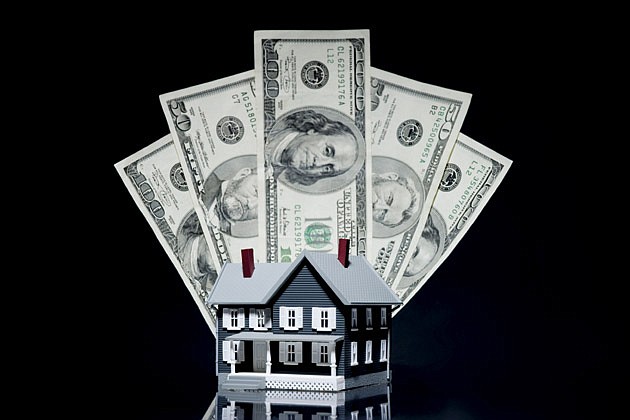Had enough of the recession? Real estate experts in Lee and Collier counties say there's at least another year of it to go. But then things start looking up.
The real estate recession has dragged on long enough.
“People are ready for this thing to be over with,” quips Michael Timmerman, senior associate in the Naples office of Orlando-based economic forecasting firm Fishkind & Associates.
While addressing real-estate industry executives recently, Timmerman says many investors in Lee and Collier counties are mired in the “capitulation and despondency” phase of the real-estate economic cycle, but he cautioned not to expect a quick rebound.
“We may stay at this capitulation and despondency stage for another year,” he warned to a groaning audience.
Real estate investors and developers from Lee and Collier counties gathering at recent confabs agreed that 2010 might be the earliest for a recovery in residential and commercial real estate on this part of the Gulf Coast. Some suggested it could be longer than that.
“Nobody thinks it's the bottom yet,” says Tim Becker, director of the Bergstrom Center for Real Estate Studies at the University of Florida. “Southwest Florida is probably the hardest-hit area of the state,” he says. The center compiles a quarterly statewide survey of real estate analysts and investors.
Still, there are signs that we're seeing the first seeds of a recovery. For the first time in more than three years since the Bergstrom Center started its survey, respondents recently reported an improved outlook for their business.
Early results of the yet-to-be-released second quarter survey indicate continued improvement, Becker says.
Additional signs that a recovery may be at hand include: Sales of new and existing homes are accelerating when prices are below replacement cost; government and private capital is starting to build on the sidelines; and the number of foreclosures has begun to stabilize.
But the obstacles are numerous. Chief among them is the lack of financing. “Capital is still the biggest issue,” says Becker.
Developers and builders echo that sentiment. “Institutional investors have pulled out of Florida,” says Howard Gutman, president of Lutgert Holdings in Naples, a residential and commercial developer.
“There's no exit for a commercial development right now,” says Dale Hafele, partner with North American Properties in Fort Myers.
The bond markets have frozen for residential projects, too. The last community development district (CDD) bond was sold in September 2008, says Bill Reagan, an investment banker with Raymond James.
CDD bonds are municipal bonds sold to investors to pay for big-ticket items such as roads and sewers in new residential communities. At the height of the boom in 2006, 117 issues were sold to investors raising $1.9 billion for new communities in Florida. So far this year, not one has been sold, according to Raymond James.
It's unlikely many CDD bonds will be sold in the next two years because development is unlikely to pick up in that time, Reagan says. And what few deals may be done will have to provide returns in the 20% range to attract investors, he adds.
Hafele of North American Properties says even selling shopping centers anchored by top-credit Publix Supermarkets has been challenging. “We can't find buyers,” he says. These Publix-anchored centers used to sell for capitalization rates of 6% (net operating income divided by building's cost or value). “Now, I'd be happy to sell at nine cap,” Hafele says, adding buyers are demanding cap rates of 12%.
Investors are demanding higher cap rates because retailers are negotiating lower rents or vacating space. And new retailers aren't coming in because they're wondering how low sales can go. “Target thought Florida sales would flat line,” Hafele says.
Although sales in the residential market have increased in some areas of the Gulf Coast, they are occurring mostly when the price is below replacement cost. “The second-home market was hit the hardest,” says Dennis Gilkey, a development consultant and former chief executive of the Bonita Bay Group.
Buyers of second homes from northern states have been reluctant because they're worried they can't sell their principal home. “We could be in this for eight to 10 years and this can be a scary thing,” says Timmerman.
Still, Timmerman says prices could fall to the point that makes Florida affordable again. “A lot of people who want to be in Florida will come back because of pricing,” he says. “Home prices were a major reason people stayed away from Florida,” he notes.
Timmerman expects the supply and demand for housing in the region that includes Charlotte, Lee and Collier counties to reach equilibrium in 2011. “Charlotte County is probably in the best shape,” he says, because housing starts there have lagged behind household formations even during the boom.






